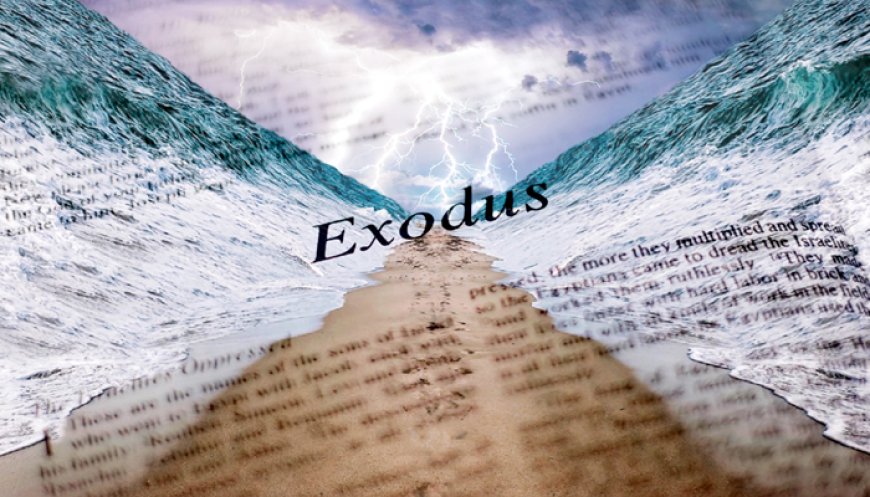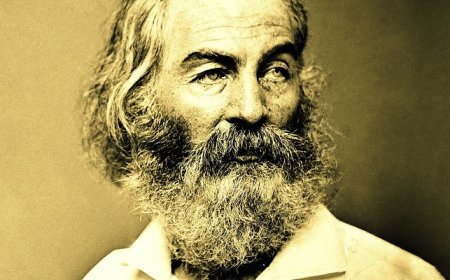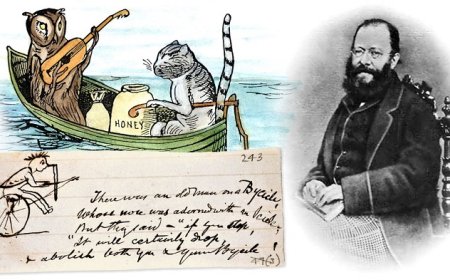What Is the Basic Story of Exodus?
The Book of Exodus is one of the foundational texts in the Bible. It is the second book of the Old Testament and part of what is often called the Pentateuch or the Torah, which includes the first five books of Scripture.

The Book ofExodus?is one of the foundational texts in the Bible. It is the second book of the Old Testament and part of what is often called the Pentateuchor theTorah, which includes the first five books of Scripture. Exodus follows the Book of Genesis and continues the story of God's covenant people. While Genesis tells the story of creation, promises, and the early patriarchs, Exodus marks the beginning ofnationhoodfor the people of Israel.
The word Exodus comes from a Greek term meaning exit or departure. This title reflects the central event of the bookthedeliverance of the Israelites from slavery in Egypt. However, the book is more than just a story of escape. It tells ofGods power, His faithfulness, His justice, and His presence. It also establishesIsraels identityas a people who are set apart, chosen, and bound to God by covenant.
In this article, we will explore thebasic story of Exodusin clear and simple terms. The narrative can be divided into several major parts: the oppression in Egypt, the calling of Moses, the confrontation with Pharaoh, the ten plagues, the escape through the Red Sea, the journey through the wilderness, and the giving of the law at Mount Sinai. Each part builds upon the last, creating a powerful story ofredemption and transformation.
Oppression in Egypt
The story of Exodus begins long after the time of Joseph, one of the sons of Jacob, who had risen to power in Egypt during the final chapters of Genesis. A new Pharaoh came to power who did not remember Joseph. He feared the growing number of Israelites in Egypt and chose to oppress them.
The Egyptians forced the Israelites intohard labor. They made them build cities and perform cruel tasks. The oppression was intense, but the people of Israel continued to multiply. Pharaoh then ordered that every baby boy born to the Israelites be killed. In this time of fear, a baby namedMoseswas born.
The Birth and Calling of Moses
Moses was hidden by his mother and later placed in a basket in the Nile River. He was found and adopted by Pharaohs daughter. Moses grew up in the Egyptian court but eventually witnessed the suffering of his people. One day, he killed an Egyptian who was beating a Hebrew and fled to the land of Midian.
In Midian, Moses became a shepherd. One day, while tending sheep, he saw a strange sightaburning bushthat was not consumed by the fire. From this bush,God spoketo Moses. He called Moses to return to Egypt and lead the Israelites out of slavery. Moses was afraid and full of doubt, but God promised to be with him. He also revealed His name asI AMa declaration of His eternal and self-sustaining nature.
The Confrontation with Pharaoh
Moses returned to Egypt with his brother Aaron. They went to Pharaoh and told him that the God of Israel said, Let my people go. Pharaoh refused. Instead, he made the Israelites work even harder. This began a long confrontation between Moses and Pharaoh.
God sentplaguesupon Egypt as signs of His power and judgment. These plagues affected the people, animals, crops, and even the Nile River. Despite each miracle and warning, Pharaoh hardened his heart. The conflict escalated until God sent the final plaguethe death of every firstborn in Egypt.
Before this final plague, God gave instructions for thePassover. The Israelites were to kill a lamb and mark their doorposts with its blood. When the angel of death came, it would pass over the homes that had the blood. This act became a powerful symbol of Gods deliverance.
The Escape from Egypt
After the death of the firstborn, Pharaoh finally let the Israelites go. They left Egypt in great haste. But soon after, Pharaoh changed his mind and chased them with his army. The Israelites were trapped between Pharaohs army and the Red Sea.
God told Moses to stretch out his staff over the water. The seamiraculously parted, and the people walked through on dry ground. When Pharaohs army tried to follow, the waters returned and drowned them. This event marked a decisive moment of victory and freedom. The people sang songs of praise to God, celebrating their deliverance.
The Journey Through the Wilderness
After escaping Egypt, the Israelites began their journey through thewilderness. They were no longer slaves, but they were not yet a nation. The journey was long and difficult. The people often complained and doubted God. They were hungry and thirsty, but God providedmanna from heavenandwater from a rock.
During this time, God also led them with apillar of cloud by dayand apillar of fire by night. He was with them constantly, guiding them step by step. Yet, the people still struggled to trust Him fully.
The Giving of the Law at Mount Sinai
Eventually, the Israelites arrived atMount Sinai. There, God called Moses to come up the mountain. He gave Moses theTen Commandments, which were written on stone tablets. These laws formed the foundation of thecovenantbetween God and Israel.
God also gave instructions for worship, sacrifices, and building thetabernaclea holy place where His presence would dwell among the people. The people agreed to obey Gods commands, and a covenant ceremony was held.
However, during Moses time on the mountain, the people made agolden calfand began to worship it. This act of disobedience showed their weakness and need for mercy. Moses interceded for them, and God forgave them, though not without discipline.
The Glory of the Lord
By the end of Exodus, the tabernacle is complete. Gods glory fills it, and His presence is visibly among His people. Moses cannot even enter because of theoverwhelming presenceof the Lord. The book closes with hope. Israel is no longer in slavery. They are now a people with a purpose, a law, and the presence of God among them.
Conclusion: The Meaning of Exodus
The story ofExodusis more than history. It is a picture ofsalvation, transformation, and covenant. It shows how God hears the cries of the oppressed and acts with power. It reveals how He chooses leaders, shows mercy, and guides His people through the unknown.
Exodus reminds us that freedom is not just about escape from oppression. It is about entering into a relationship with God. The journey from Egypt to Sinai is also the journey from fear to faith, from slavery to worship, from chaos to community.
The basic story of Exodus continues to inspire faith, courage, and obedience. It teaches thatGod delivers,God speaks, andGod dwells with His people. For all who feel trapped or uncertain, the story of Exodus offers the hope of a new beginning under the care of a faithful and powerful God.




























